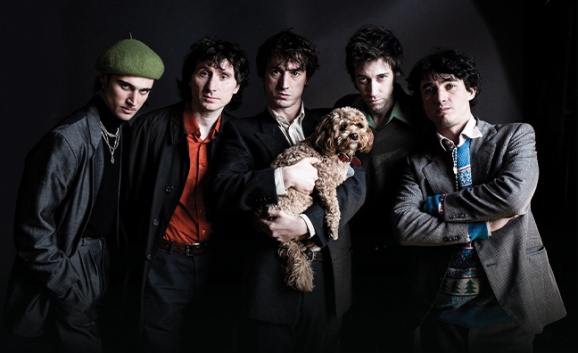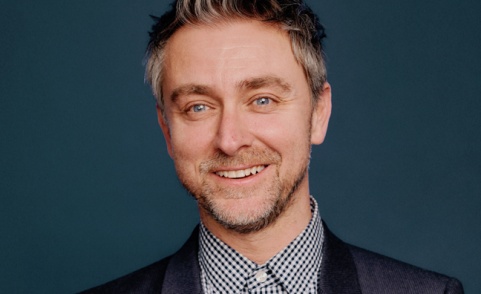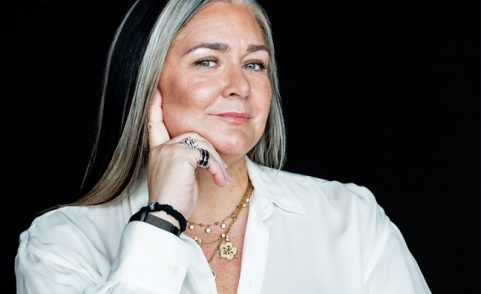interviews
Fat White Family have battled in-fighting and addiction since their inception, but the exit of guitarist Saul Adamczewski during the making of their fourth album Forgiveness Is Yours rocked them to the core. Here, singer Lias Saoudi explains their survival ...










